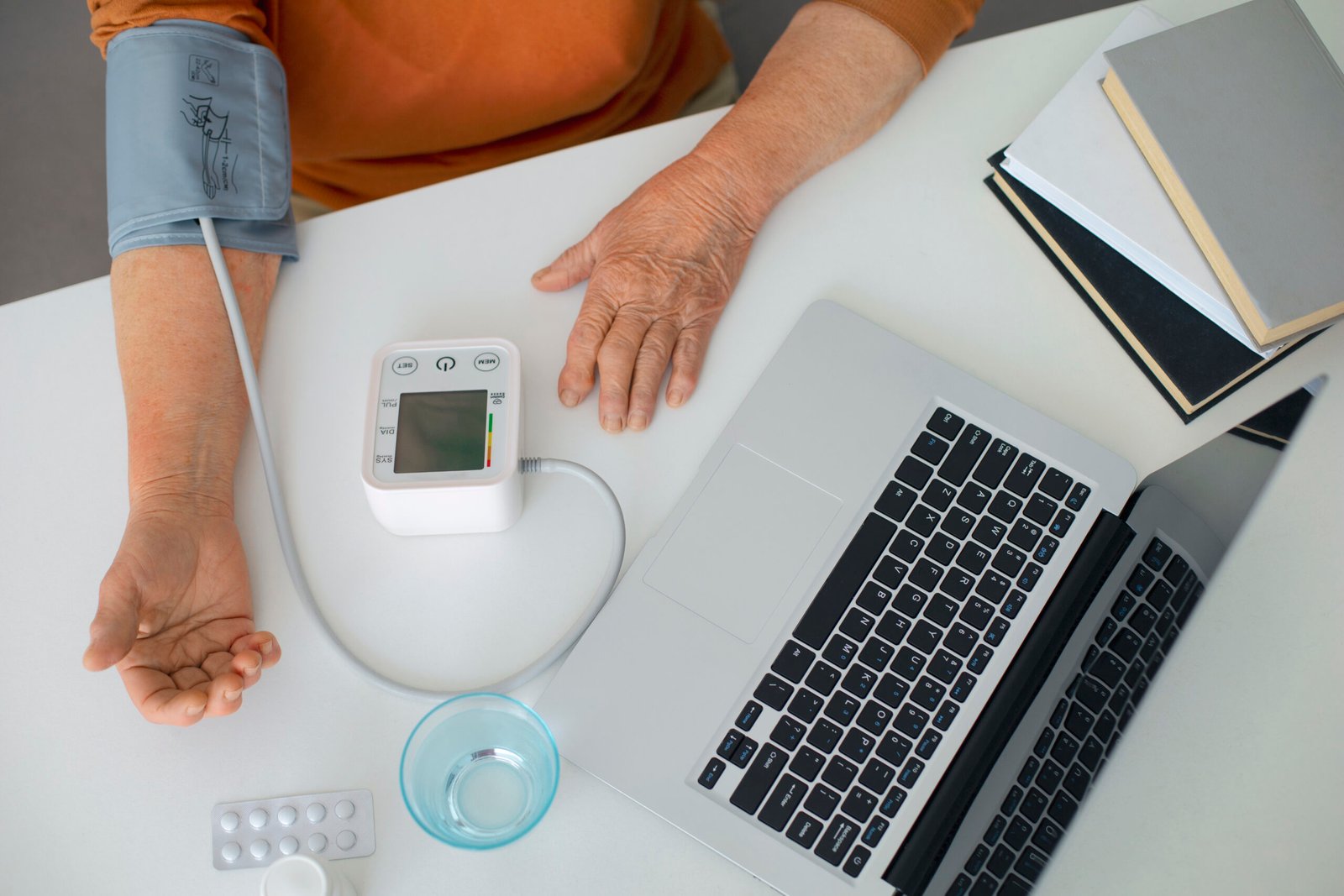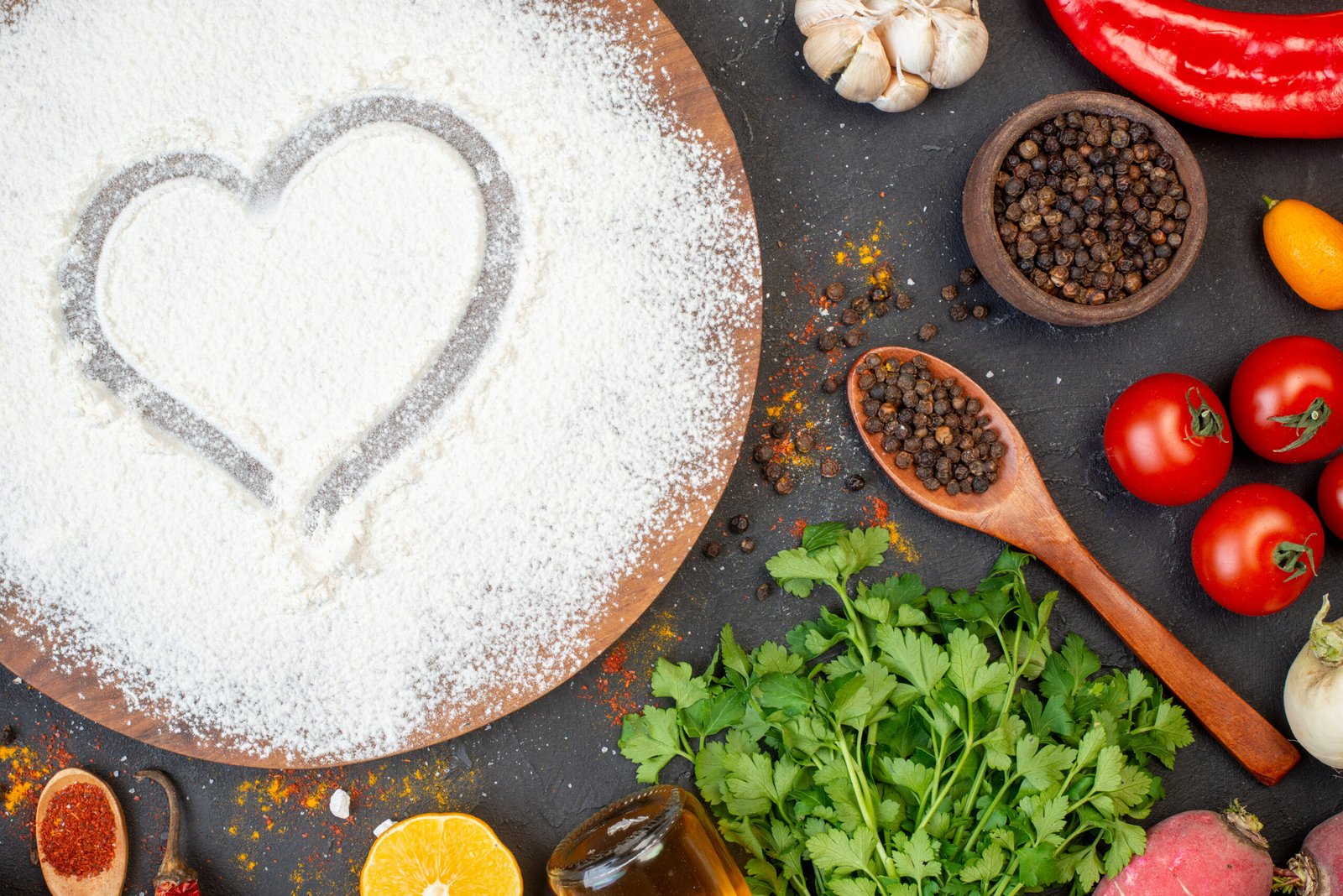Now Reading: High Blood Pressure: 6 Heart-Healthy Tips & Lifestyle Changes
-
01
High Blood Pressure: 6 Heart-Healthy Tips & Lifestyle Changes
High Blood Pressure: 6 Heart-Healthy Tips & Lifestyle Changes

High Blood Pressure (Hypertension): The Silent Threat—and How You Can Take Control
High blood pressure, or hypertension, is sometimes called “the silent killer” for a reason. For years, you might not feel a thing—but all the while, hidden damage can build up in your arteries, heart, kidneys, and brain. Yet you have the power to take charge of your health, starting today. This comprehensive, SEO-friendly guide will reveal everything you need to know about hypertension, from understanding what it is to actionable steps that genuinely make a difference—including lifestyle changes, foods to avoid, and how to stay vigilant.
What Is Blood Pressure? Why Does It Matter?
Blood pressure is the force your blood exerts against the walls of your arteries as your heart pumps it around your body. It’s measured using two numbers:
- Systolic pressure: The force during a heartbeat
- Diastolic pressure: The force between beats, when your heart is at rest
A normal blood pressure reading is usually below 120/80 mmHg. When your readings consistently stay at 140/90 mmHg or above, you’re considered to have high blood pressure. This ongoing pressure makes your heart and arteries work harder, resulting in wear and tear over time that increases your risk of life-threatening complications like:
- Heart attack
- Stroke
- Heart failure
- Kidney damage
- Vision loss
Why Is Hypertension Called the “Silent Threat”?
Many people with high blood pressure feel completely healthy. Hypertension develops gradually and often has no warning signs or symptoms—that’s why regular checks are so crucial. However, in cases of severe or sudden-onset hypertension, you might experience:
- Persistent headaches
- Blurred vision or dizziness
- Shortness of breath
- Chest pain or tightness
- Nosebleeds
- Fatigue or confusion
If you ever have any of these symptoms, or if your blood pressure readings are extremely high, seek medical attention immediately.
Who Is At Risk? Common Causes and Risk Factors
Understanding the causes and risk factors of hypertension is essential for prevention and management. Some risk factors you can change, while others require careful management:
1. Poor Diet and Sodium Intake
Diets high in salt (sodium), processed foods, added sugars, and unhealthy fats are notorious for raising blood pressure.
Excess sodium makes your body retain water, increasing blood volume and pressure.
2. Physical Inactivity
Lack of regular exercise leads to weight gain and stiffer arteries.
3. Obesity
Carrying extra weight puts added strain on your heart and blood vessels.
4. Smoking and Alcohol Use
Tobacco and heavy alcohol consumption damage blood vessels, raise heart rate, and can trigger dangerous spikes in blood pressure.
5. Chronic Stress
Ongoing stress leads to repeated surges in pressure, harming your arteries over time.
6. Genetic and Medical Factors
Family history, age, chronic health conditions (like diabetes or kidney disease), and ethnicity all play roles.
Remember: Even if you have a genetic predisposition, healthy lifestyle choices can dramatically reduce your risk!
The Consequences of Uncontrolled High Blood Pressure
If ignored, high blood pressure can:
- Injure artery walls, hastening plaque buildup (atherosclerosis)
- Increase your risk of heart attack and stroke
- Impair kidney function, sometimes leading to kidney failure
- Cause vision problems due to damage in eye blood vessels
- Lead to heart failure by overworking your heart muscle
How to Monitor and Track Your Blood Pressure
Regular monitoring is key to keeping high blood pressure in check. Here’s how you can stay proactive:
- Check your blood pressure at home with an automatic cuff—keep a record of your results.
- Visit your healthcare provider for regular checkups, especially if you have other risk factors.
- Know your numbers: A reading below 120/80 mmHg is optimal. Up to 139/89 mmHg is considered prehypertension, and consistent readings above this are cause for concern.
Lifestyle Changes That Make a Real Difference
Small, consistent modifications to your habits can significantly impact your blood pressure—and overall heart health.
1. Adopt a Heart-Healthy Diet
- Increase vegetables, fruits, and whole grains: Rich in fiber, antioxidants, potassium, and magnesium, these foods help relax blood vessels.
- Choose low-fat dairy, lean meats, fish, and legumes over fatty cuts or processed meats.
- Limit sodium: Aim for no more than 1,500–2,300 mg/day. Read food labels carefully!
- Opt for healthy fats: Such as those found in olive oil, nuts, and avocados.
2. Maintain a Healthy Weight
- Even losing a modest amount—5–10% of body weight—can lower blood pressure significantly.
3. Stay Physically Active
- Strive for at least 30 minutes of moderate activity (like brisk walking, cycling, or swimming) on most days.
- Combine aerobic exercise with strength-training for better results.
4. Manage Stress Effectively
- Integrate stress reduction methods, including yoga, meditation, deep breathing, or gentle stretching.
- Prioritize regular sleep, social support, and time for relaxation.
5. QUIT Smoking and Reduce Alcohol Use
- Smoking damages blood vessels and raises pressure instantly.
- Limit alcohol to moderate levels: up to one drink per day for women, two for men.
6. Monitor and Follow Medical Advice
- Take medications exactly as prescribed.
- Record your readings; share them with your doctor.
Foods to Limit or Avoid for Lower Blood Pressure
Some foods and drinks can cause dangerous spikes in blood pressure or undermine your good efforts.
Food Type
- Processed snacks (chips, canned soups, frozen meals)
- Sugary drinks (sodas, energy drinks)
- Red and processed meats (bacon, sausage, beef)
- Pickles and canned foods (unless low sodium)
- Fast food and takeout
Even foods that seem innocent—like some cereals, cheeses, and sauces—can be loaded with sodium. Always read nutrition labels for sodium content!
Why to Limit It
- High sodium content
- Added sugar, contributes to obesity & blood pressure
- High in unhealthy fats and sodium
- Packed with hidden salt
- Excess salt, unhealthy fats, portion size
Healthier Alternative
- Fresh fruits & veggies
- Water, unsweetened tea
- Lean poultry, fish, legumes
- Fresh or frozen produce
- Homemade meals
Frequently Asked Questions (FAQ) on High Blood Pressure
Q: How often should I check my blood pressure?
A: If you’ve been diagnosed with hypertension or have risk factors, check it regularly at home or as recommended by your healthcare professional.
Q: Can stress alone cause high blood pressure?
A: While stress can cause temporary increases, chronic stress contributes to persistent hypertension by triggering poor lifestyle choices and bodily responses.
Q: Are there natural remedies for high blood pressure?
A: Diet, exercise, stress management, and quitting smoking/alcohol are the most effective “natural” ways—always consult your doctor before using supplements or herbal remedies.
Q: Is high blood pressure reversible?
A: Many people can bring their blood pressure into a healthy range with lifestyle changes, especially if caught early. Some may also need medication.
Small Daily Changes, Big Lifelong Benefits
Managing high blood pressure is not about drastic overhauls—it’s about small, consistent steps. Even subtle changes—like swapping a salty snack for fruit, adding a daily walk, or carving out five minutes for calm breathing—accumulate to powerful results. Take the time to care for your heart and vessels now, and your body will thank you for years to come.
Prioritize your health: Get regular checkups, eat wisely, stay active, and listen to your body. When you take charge, you can overcome the silent threat of hypertension and enjoy a healthier, longer life.
Start today—the journey to lower blood pressure and better heart health is just a step away!

















